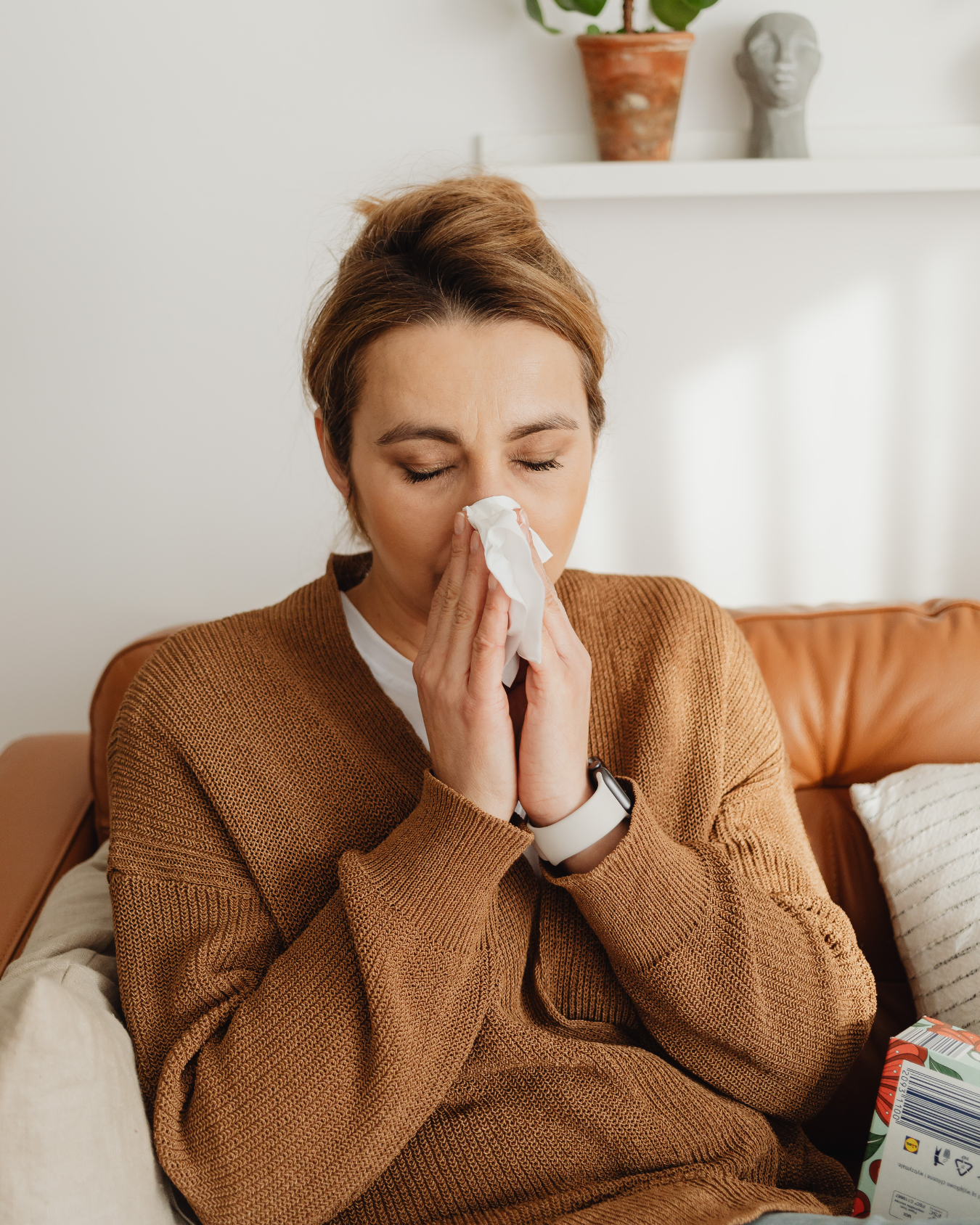https://www.rivm.nl/griep-griepprik/griep#:~:text=Griep%20moet%20je%20uitzieken%3A%20veel,te%20hoesten%20of%20te%20niezen.
Grant, W. B., Lahore, H., McDonnell, S. L., Baggerly, C. A., French, C. B., Aliano, J. L., & Bhattoa, H. P. (2020). Evidence that Vitamin D Supplementation Could Reduce Risk of Influenza and COVID-19 Infections and Deaths. Nutrients , 12 (4), 988. https://doi.org/10.3390/nu12040988
Zhou, Jian MD*; Du, Juan MD*; Huang, Leting MD†; Wang, Youcheng MD‡; Shi, Yimei MD‡; Lin, Hailong MD†. Preventive Effects of Vitamin D on Seasonal Influenza A in Infants: A Multicenter, Randomized, Open, Controlled Clinical Trial. The Pediatric Infectious Disease Journal 37(8):p 749-754, August 2018. | DOI: 10.1097/INF.0000000000001890
Azam, M. S., Islam, M. N., Wahiduzzaman, M., Alam, M., & Dhrubo, A. A. K. (2023). Antiviral foods in the battle against viral infections: Understanding the molecular mechanism. Food science & nutrition , 11 (8), 4444–4459. https://doi.org/10.1002/fsn3.3454














